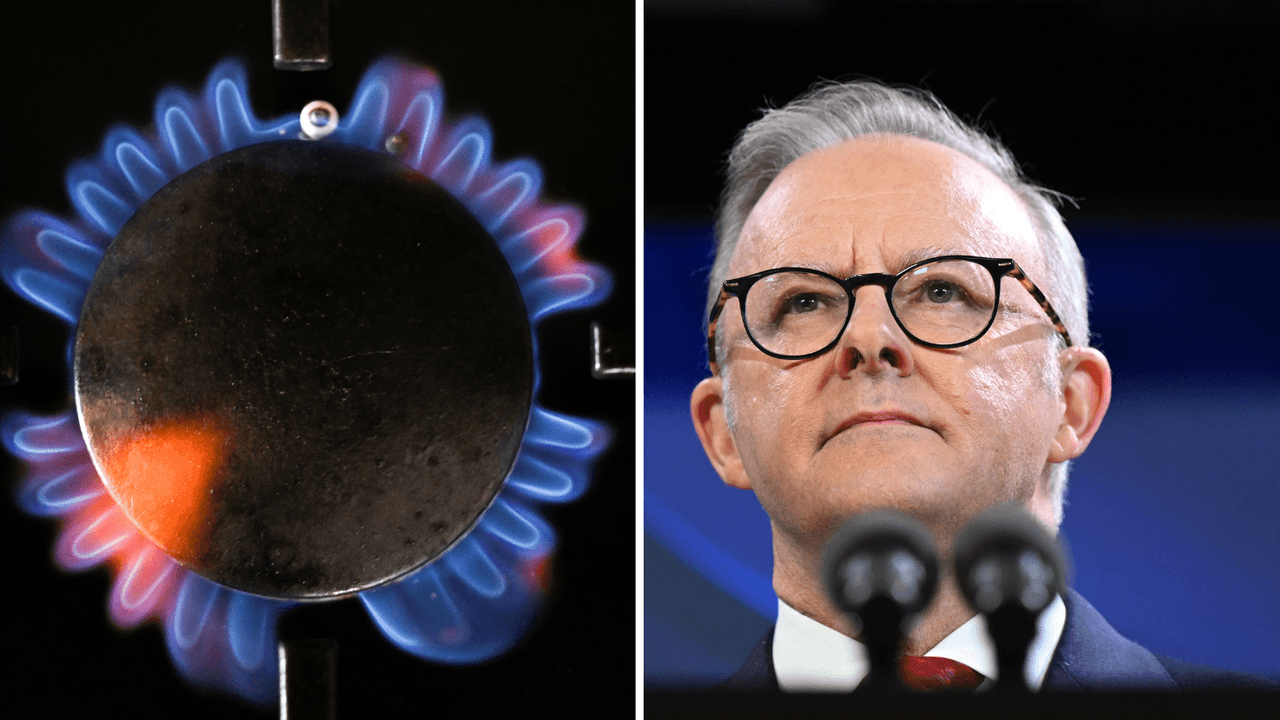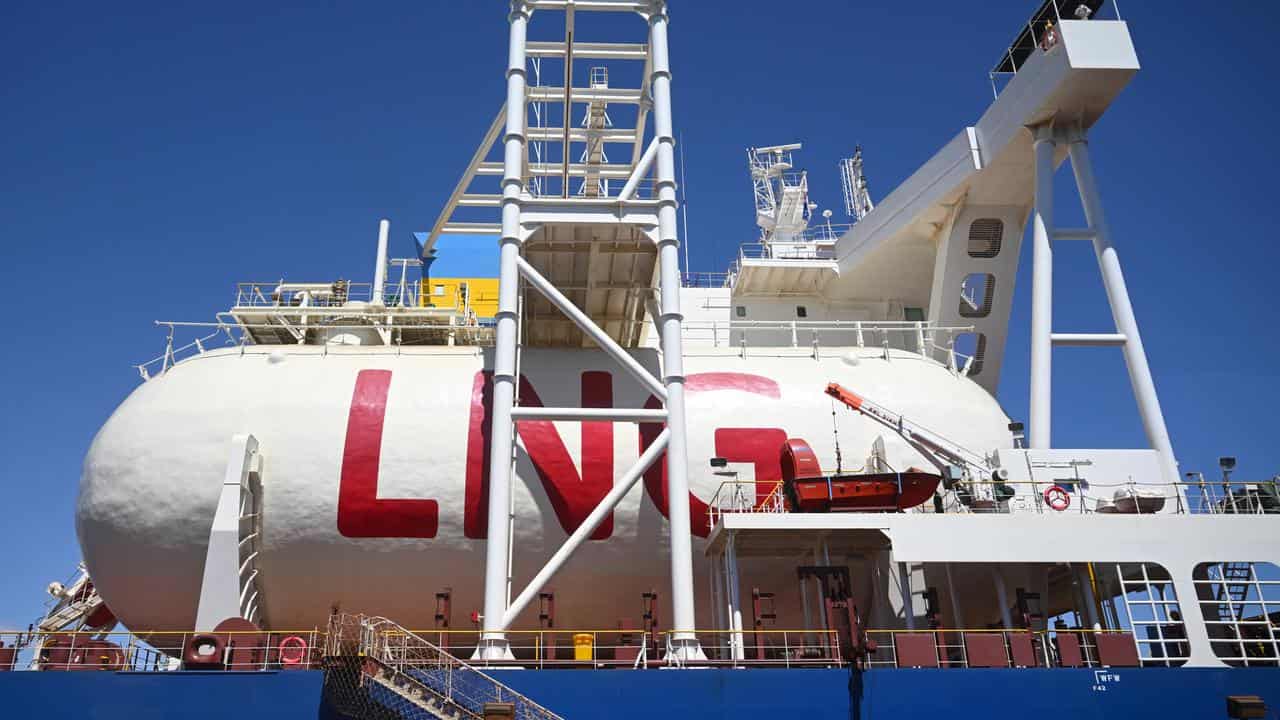
What was claimed
Gas prices have fallen from $34 to $13 as a direct result of Labor policies.
Our verdict
Misleading. Experts say that while Labor's policies probably had an impact, international factors played a greater role.
AAP FACTCHECK - Experts say it's misleading for Prime Minister Anthony Albanese to portray the fall in gas prices as purely down to his government's interventions.
They say that while it's difficult to discern the actual impact of the Labor government's policies on gas spot prices, international factors played a significant role.
Mr Albanese made the claim during the Nine News leaders' debate on April 22, 2025, ahead of the May 3 federal election.
"On the day of the last election, gas prices were $34. Today, it's $13, as a direct result of the policies that we have put in place, including the domestic gas security mechanism," he said (timestamp one minute 55 seconds).

When approached by AAP FactCheck, a spokesperson for the Labor campaign referred to the east coast average price on the day of the 2022 election and the present averages.
The spokesperson also referred to a list of measures implemented by the Labor government, such as: reforms to the Australian Domestic Gas Security Mechanism; the introduction of a temporary gas price cap; and penalties for producers who don't keep to their commitments under a code of conduct.
However, experts told AAP FactCheck Mr Albanese omitted important details about the impact of international factors on gas prices in Australia.
International gas prices spiked in mid-2022 following Russia's invasion of Ukraine, which resulted in sanctions and gas supply chain issues.
This also led to higher gas prices in Australia, where it's used by millions of households for cooking and heating, and plays a small role in generating electricity.
Another reason the price was so high at the time of the last election was local conditions, including inclement weather in the eastern and southern states, according to Tony Wood, director of the Grattan Institute's energy program.
International gas prices dipped in late-2022 and into 2023 due to factors including increased supply as countries shifted away from Russian gas; reduced demand, particularly in Europe, which experienced a milder winter; and increases in renewables.
This flowed on to Australian gas prices, which also fell, Mr Wood explained.
He said Mr Albanese's claim is inaccurate as it implies the reduction was entirely due to the government's policies.
Mr Wood said these policies contributed to ensuring the domestic market has been supplied and towards the lower end of prices, noting "without Labor’s additional measures … prices may have stayed higher for longer".
However, he also pointed to the Australian Competition and Consumer Commission's December 2024 interim gas inquiry report, which stated the price provisions introduced by the Albanese government appeared to have had "limited direct impact" on prices.
"This is because most producers are currently exempt from these provisions, including because they are either a small supplier or have received a conditional Ministerial exemption," the report explained (page 28).

He added that gas prices are still well above where they were before the war in Ukraine.
Mr Wood concluded it was "impossible" to unravel the combination of market and government activities that have occurred and speculate what would have happened otherwise.
Bruce Mountain, director of the Victoria Energy Policy Centre, said Australian gas prices are "heavily influenced" by global gas prices.
"Yes, prices would have fallen as a matter of course. But I can’t say by how much or whether the government’s policy changed it," Professor Mountain said. "My feeling is that the policy is unlikely to explain much of the decline."
Iain MacGill, an energy expert at the University of NSW, said Labor's policies combined with reduced global gas market pricing have resulted in lower Australian domestic gas prices.
"Clearly, the Australian government isn't responsible for lower global LNG [gas] pricing," Professor MacGill said.
"The impact of its price cap is harder to discern, but it's fair to say it has had some impact."
AAP FactCheck is an accredited member of the International Fact-Checking Network. To keep up with our latest fact checks, follow us on Facebook, Instagram, Threads, X, BlueSky, TikTok and YouTube.




